With your own hands: Processed images of the pre-digital era
Categories: Culture | History | Photo project
By Pictolic https://pictolic.com/article/with-your-own-hands-processed-images-of-the-pre-digital-era.htmlThe desire to modify the image obtained with the camera is as old as the photograph itself — only the methods have changed. Almost all types of manipulations that we associate with digital photography today were part of the process in the pre-digital era: fewer wrinkles, a thinner waist, add or subtract characters in the picture, and so on.
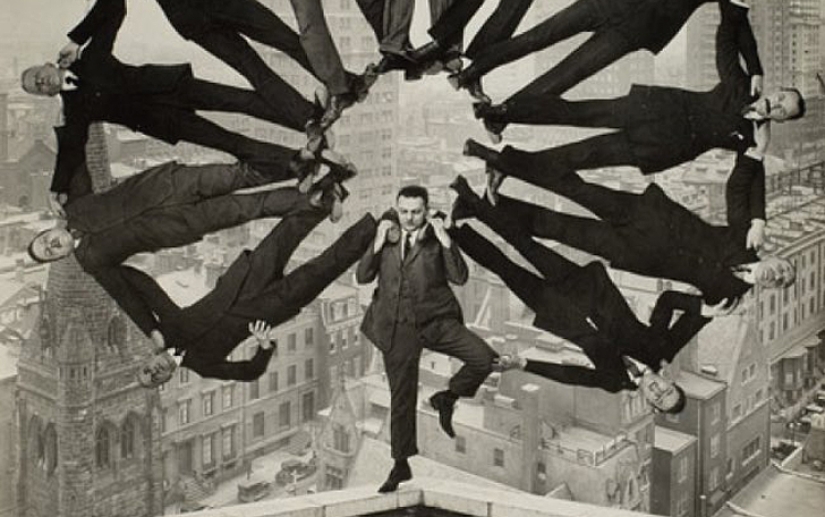
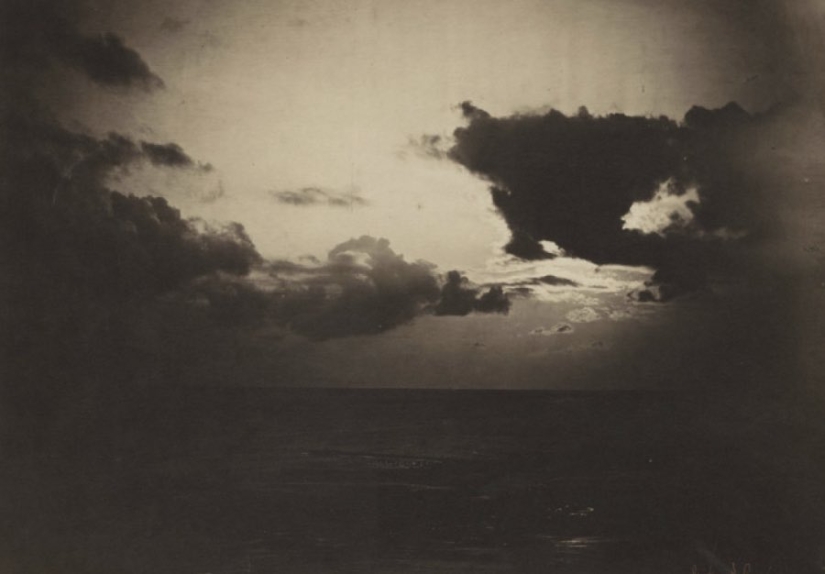
Gustave le Graet (1820-1884). Two negatives (sky and sea) are connected on the horizon, this allowed the photographer to combine two different exposure levels.
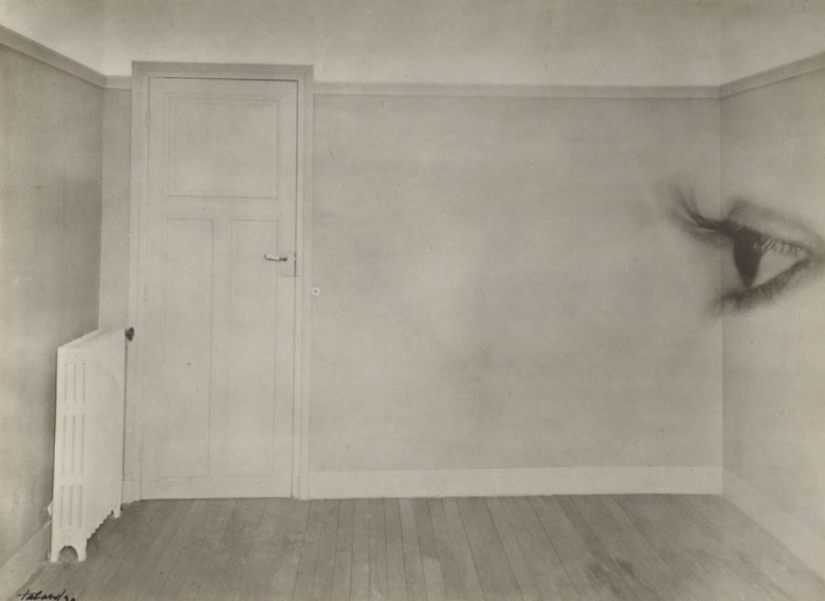
Maurice Tabard (1897-1984). A room with an eye.
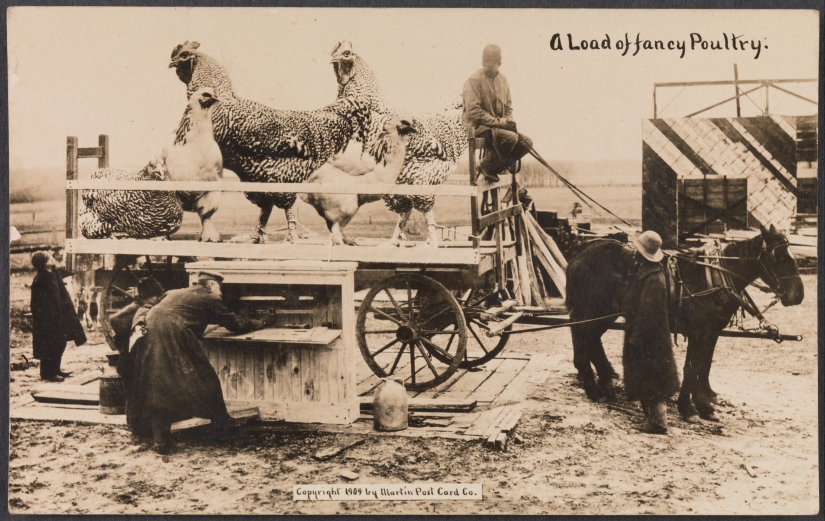
William Martin. The genre of such postcards flourished in the Midwest in America in the period from 1908 to 1915. Studio photographer William Martin from Kansas came to success thanks to the production of farm-themed images processed with the help of photomontage.
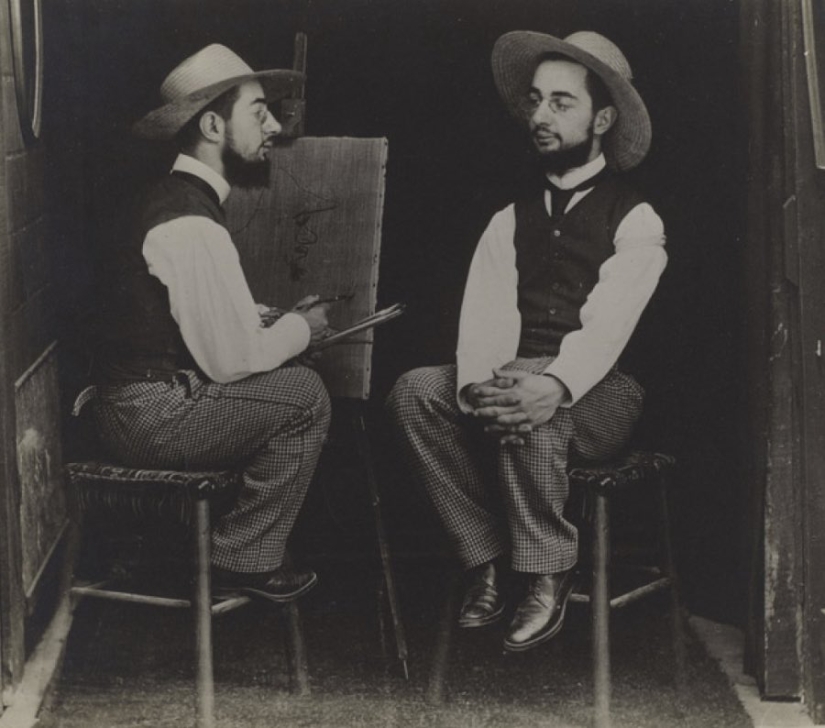
Maurice Guibert (1856-1913). Henri de Toulouse-Lautrec — painter and model, circa 1900.
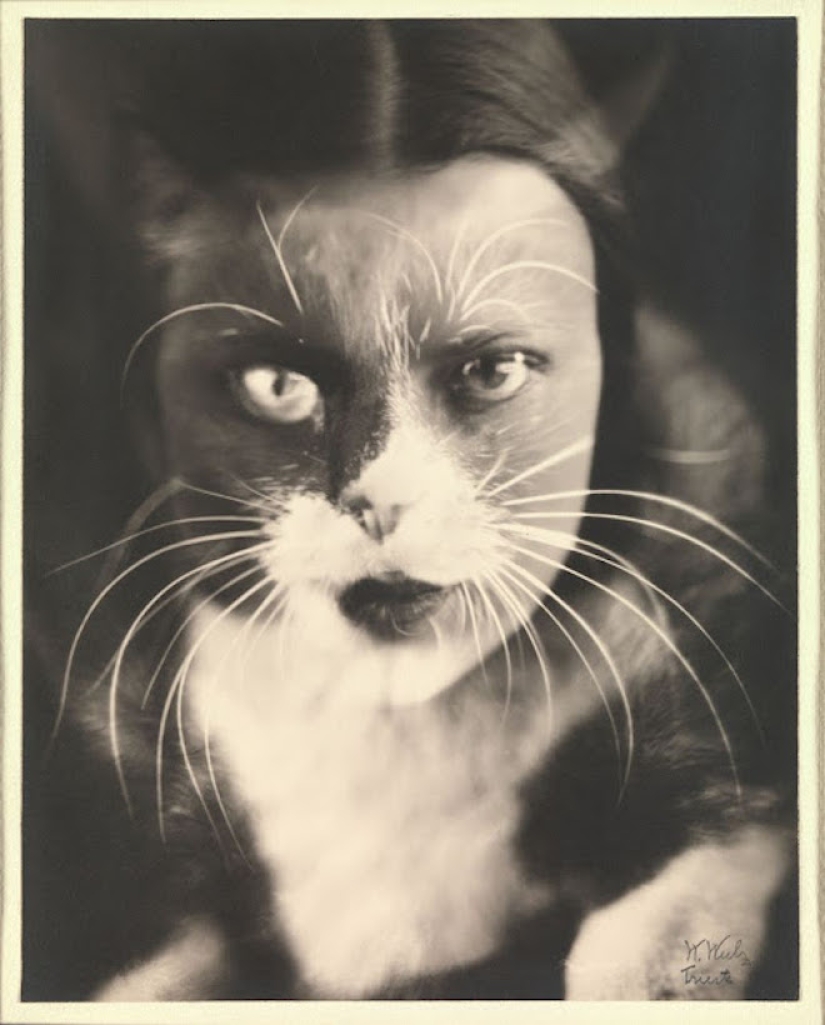
Wanda Wultz. "I'm plus a cat." The portraitist Wultz, associated with the Italian futurist movement, made this frame by combining two negatives on a piece of photographic paper — with the image of her face and the muzzle of her cat.
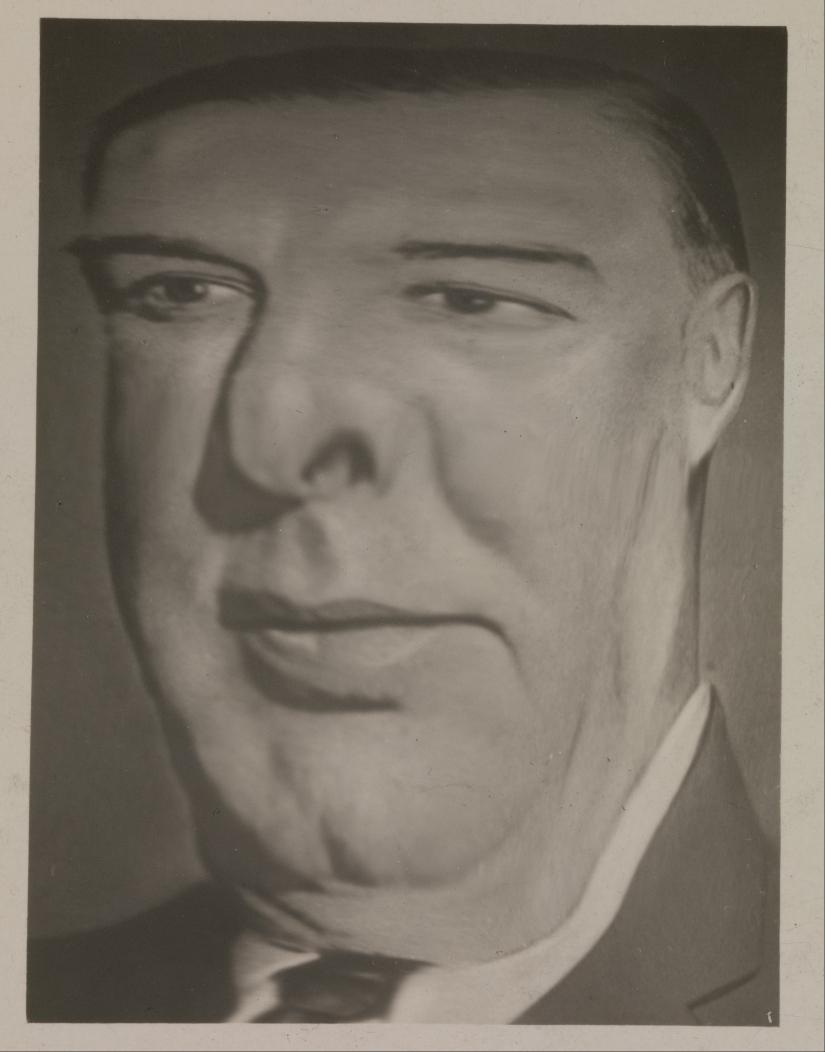
Herbert George Ponting. In 1927, he patented a lens nozzle, which he called a "controlled distorter" and "a revolutionary optical system for creating caricature images." This is a portrait of the corrupt mayor of Chicago, William Hale Thompson, who is known for providing protection to Al Capone.
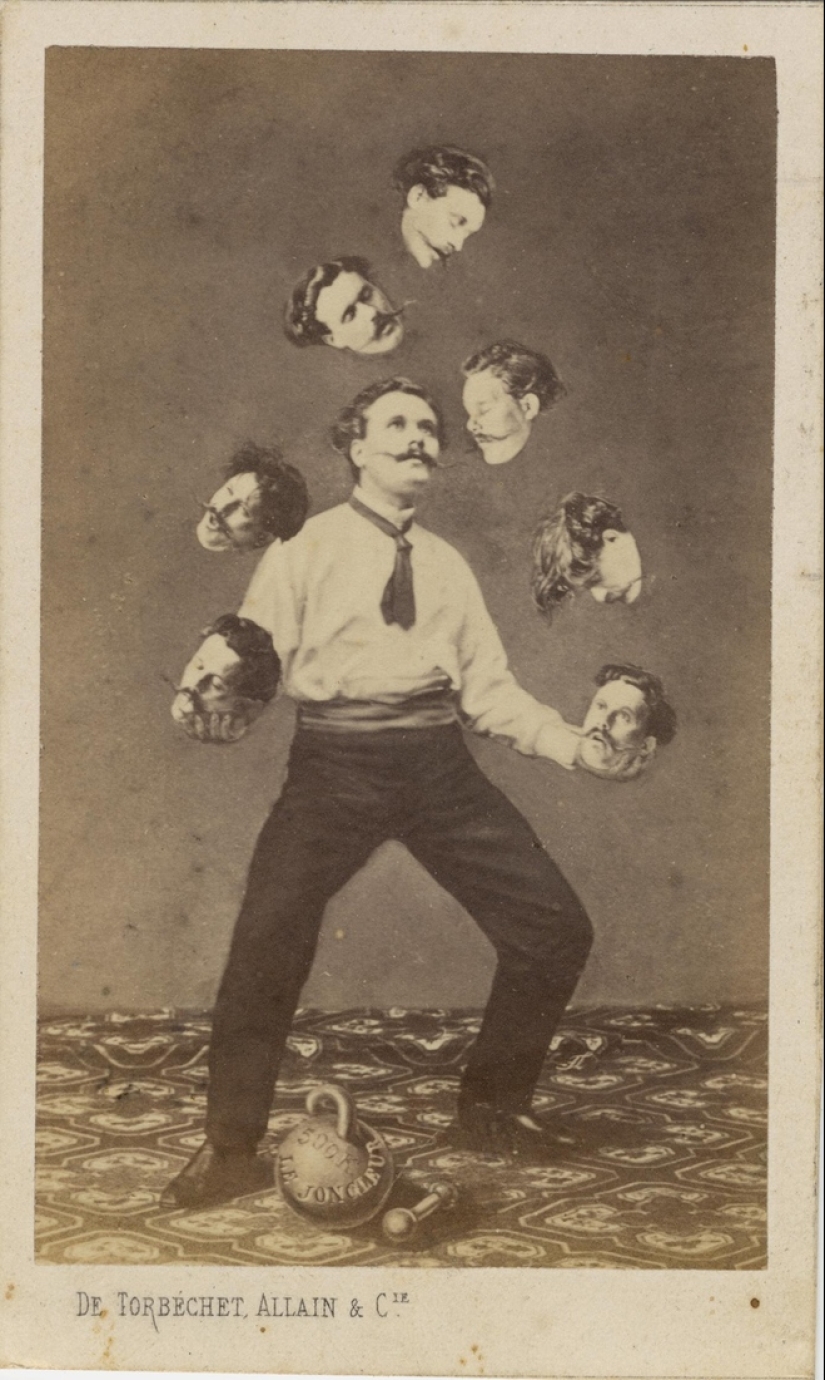
A man juggling his own head, 1880. Saint Thomas D'aquin Photo Studio.
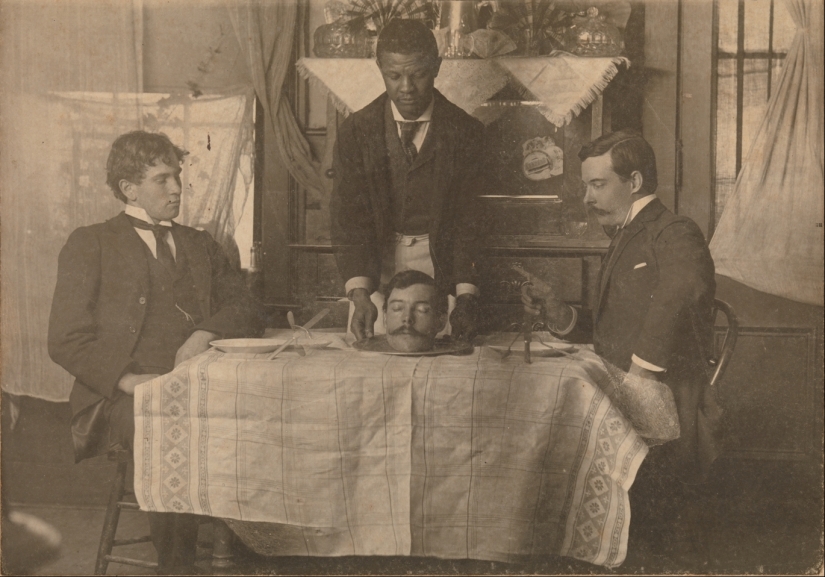
William Robert Bowles.
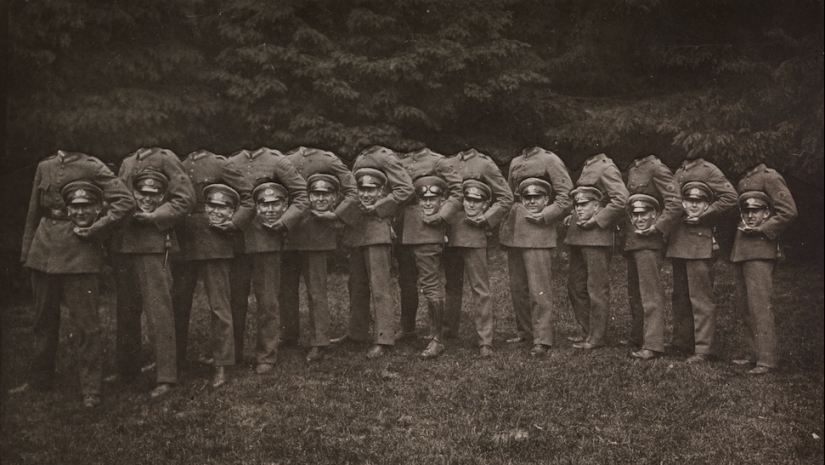
Thirteen decapitated soldiers, 1910.
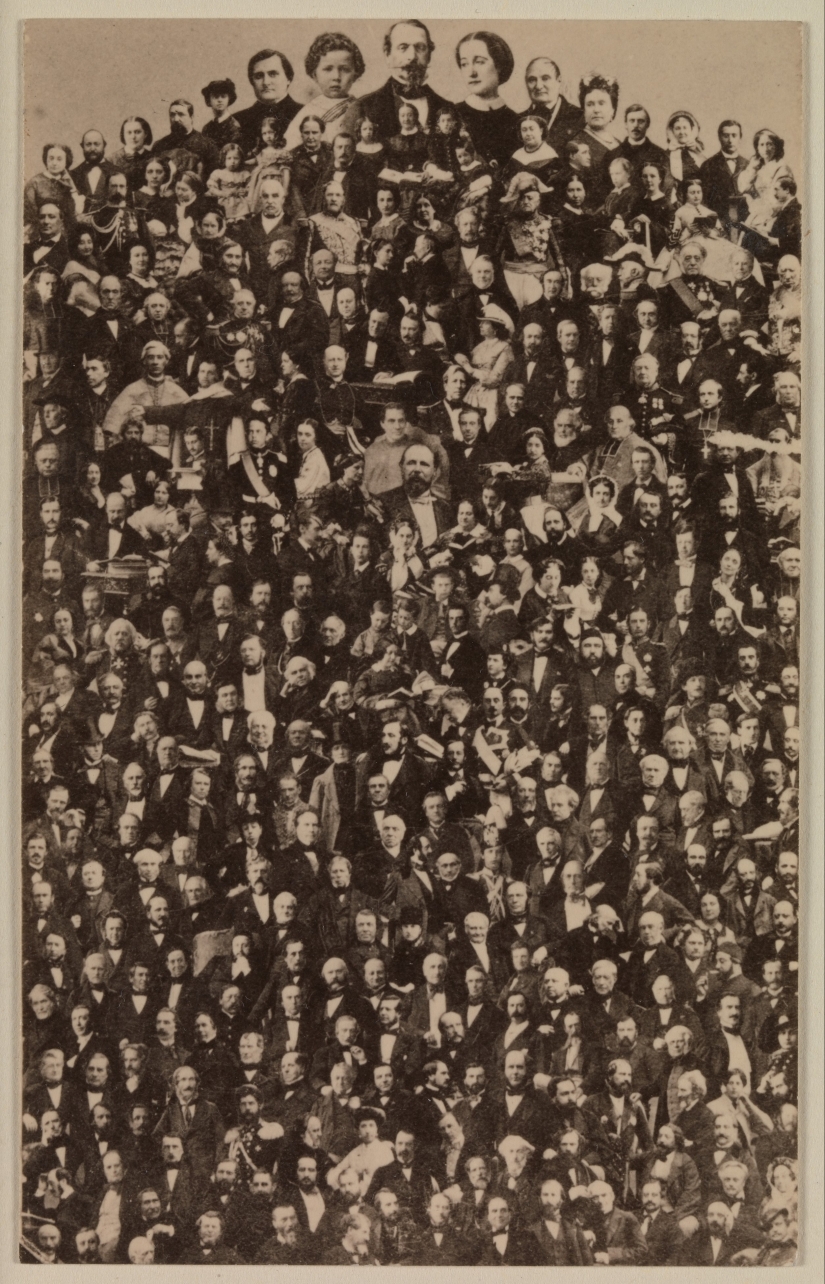
Andre-Adolphe-Eugene Dizderi. The Imperial Court of Napoleon III.
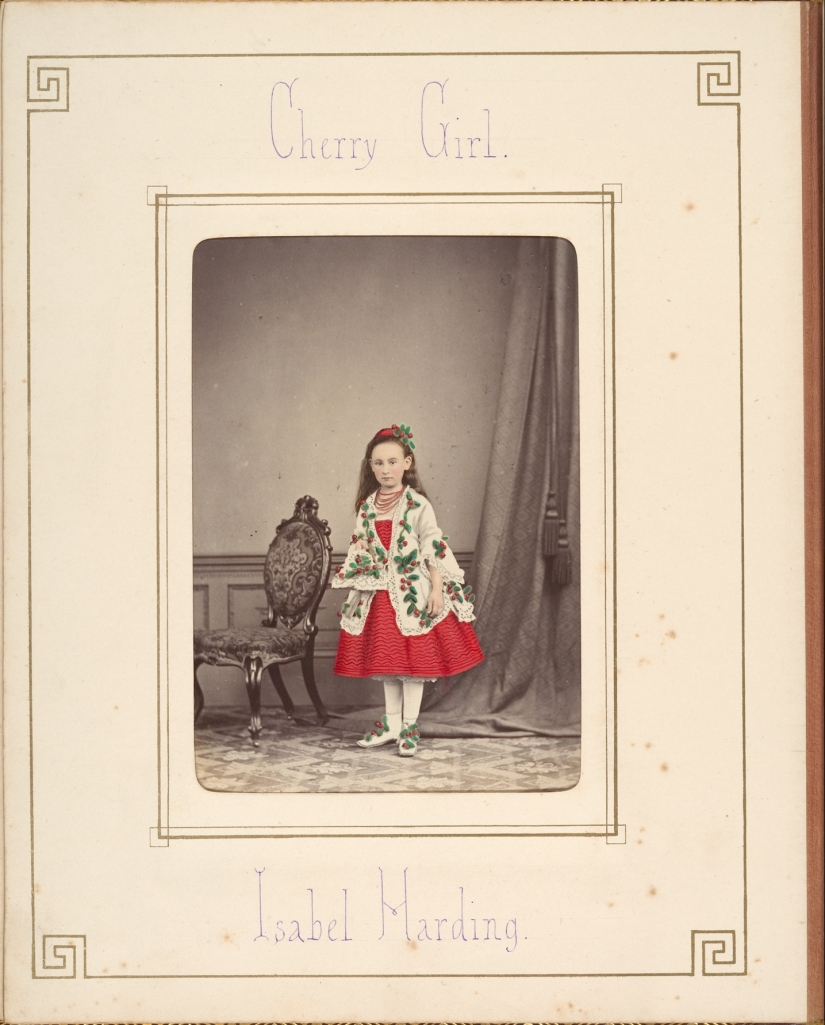
Owen Angel.
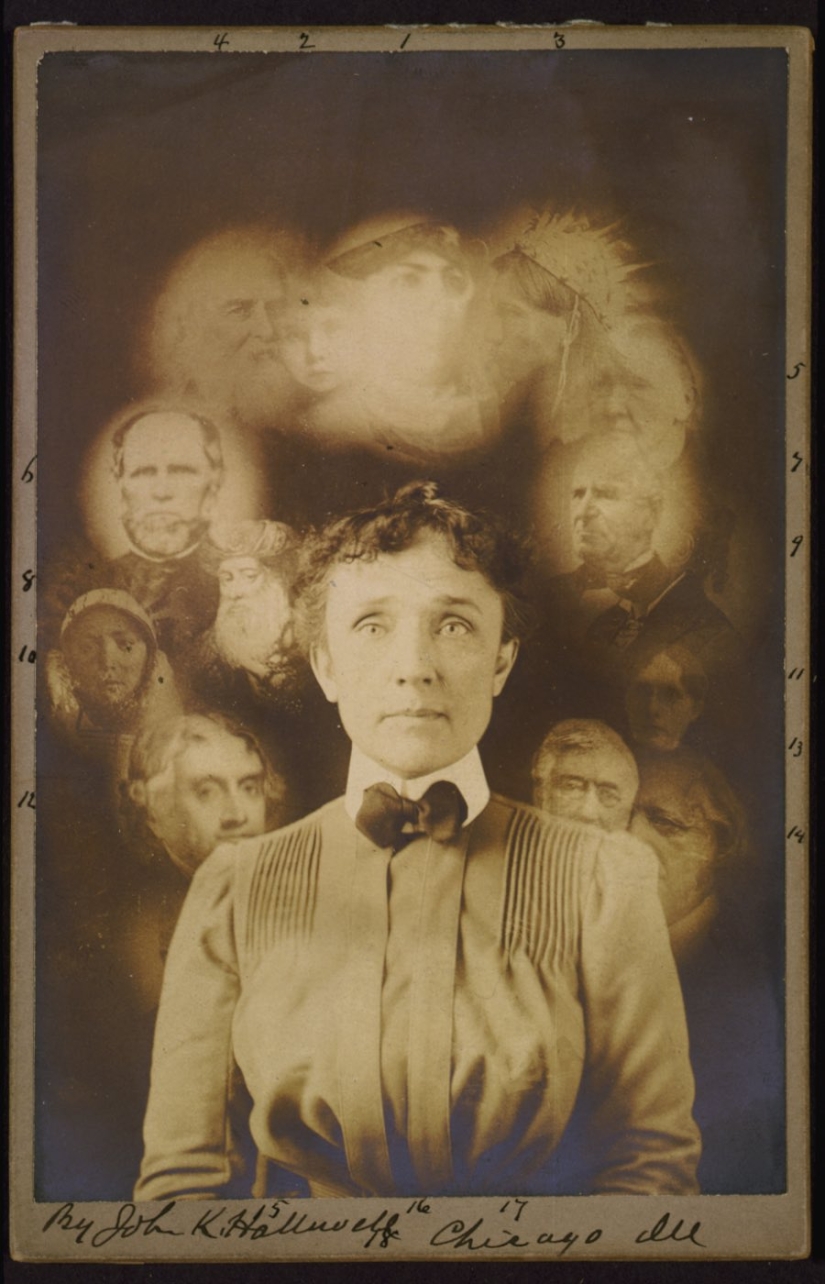
John Hallowell. A frame allegedly made during a seance, but in fact an overlay of frames.
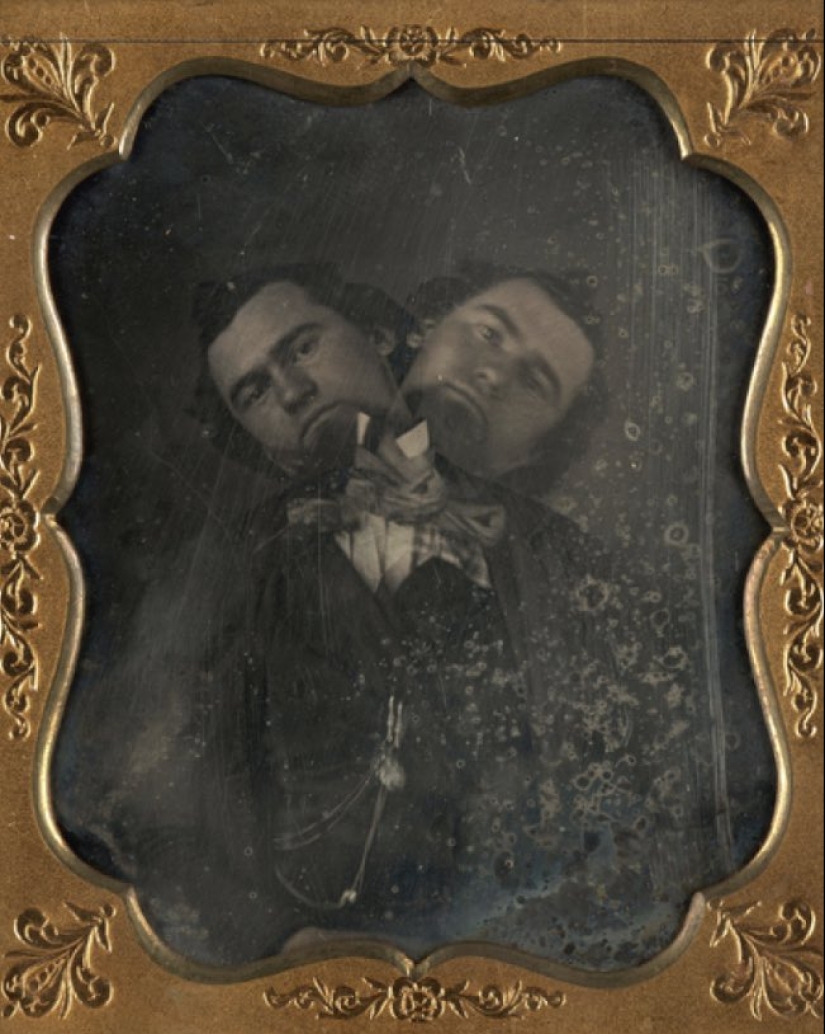
Unknown American author. The Man with two Heads, 1855.
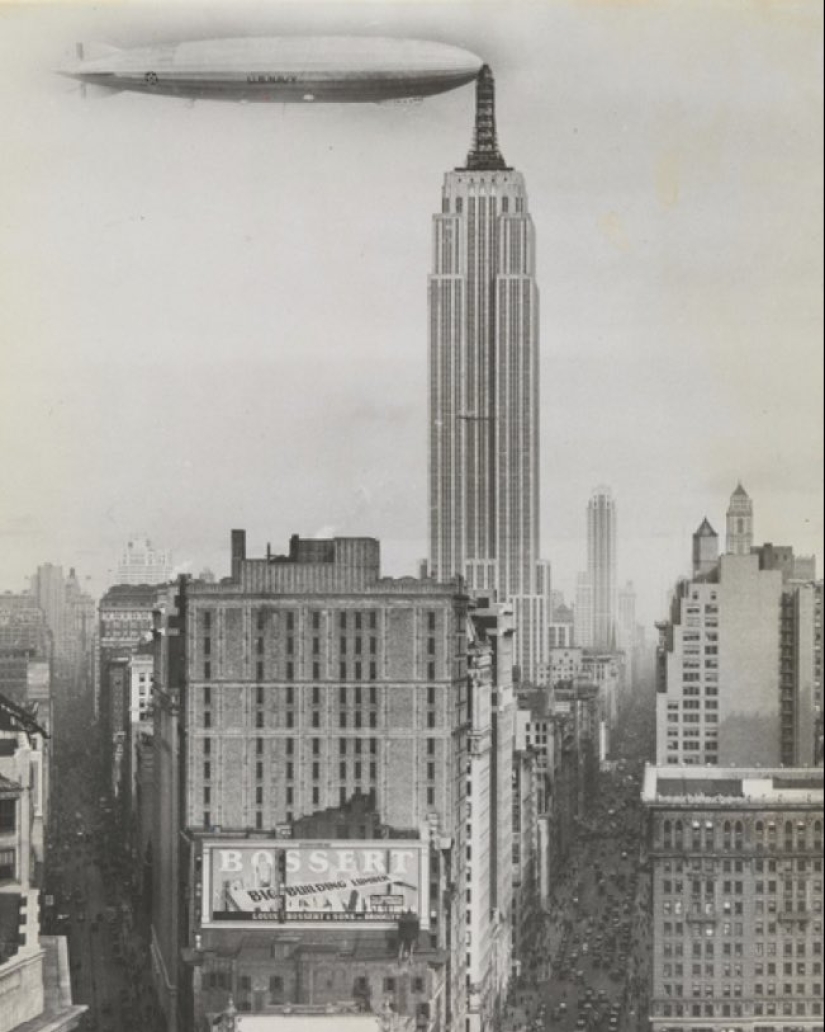
Unknown American author. The airship at the Empire State Building, 1930.
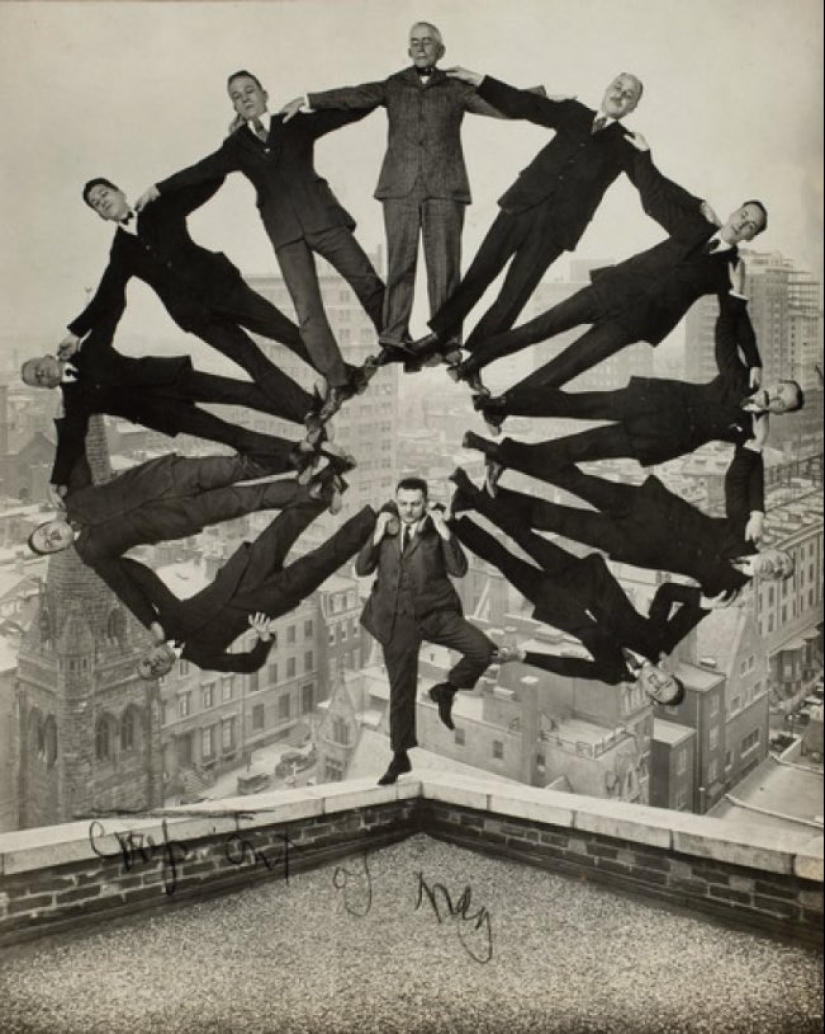
Unknown American author.
Recent articles

It's high time to admit that this whole hipster idea has gone too far. The concept has become so popular that even restaurants have ...

There is a perception that people only use 10% of their brain potential. But the heroes of our review, apparently, found a way to ...

New Year's is a time to surprise and delight loved ones not only with gifts but also with a unique presentation of the holiday ...